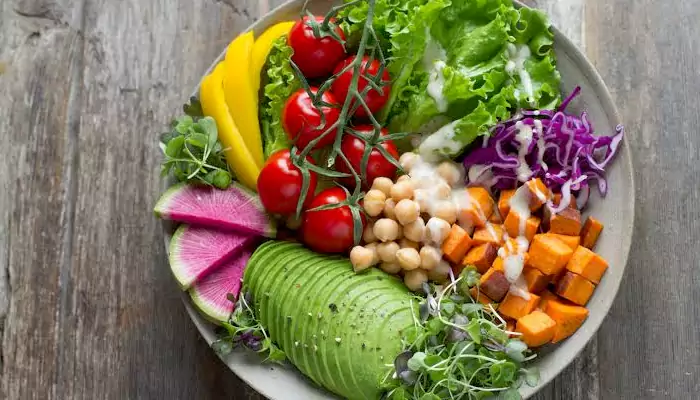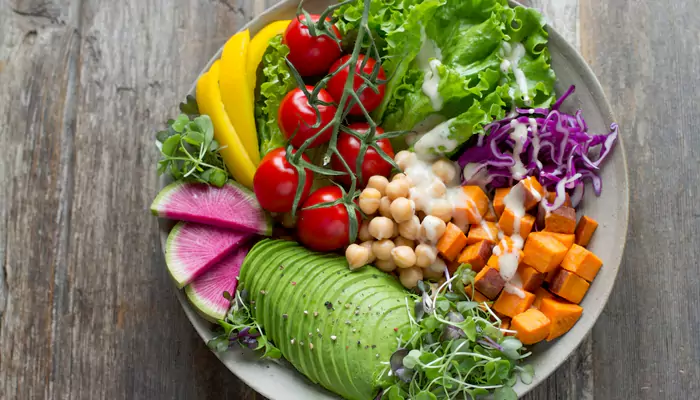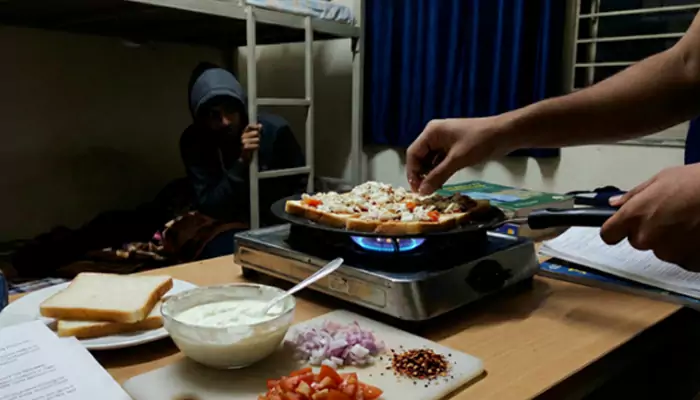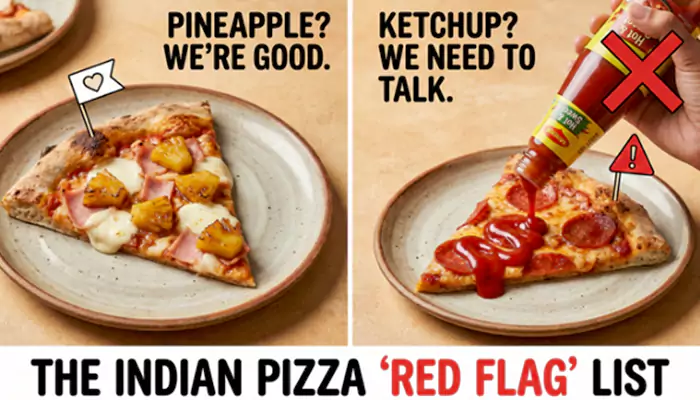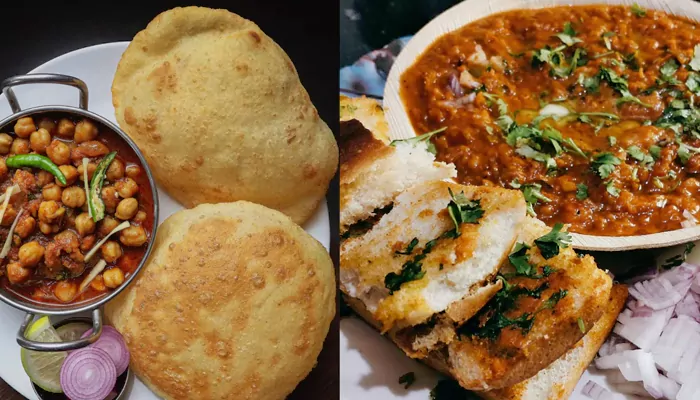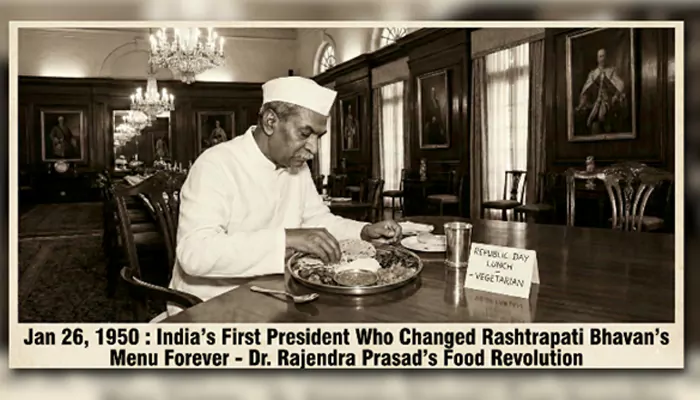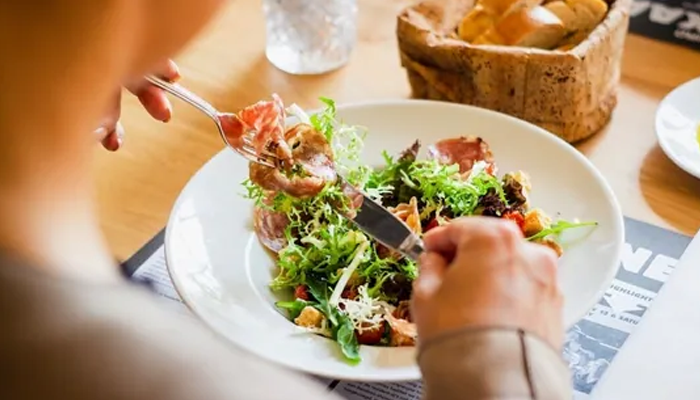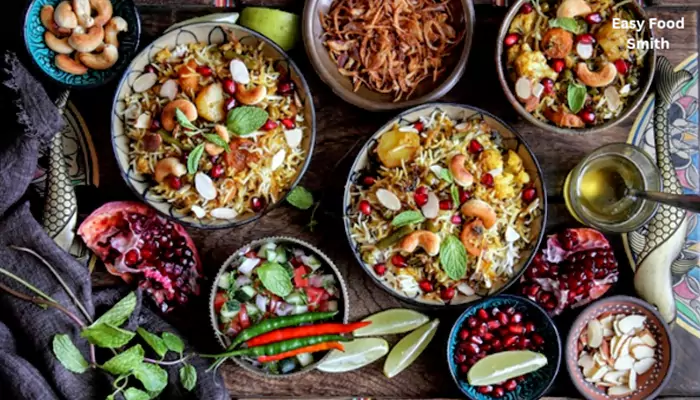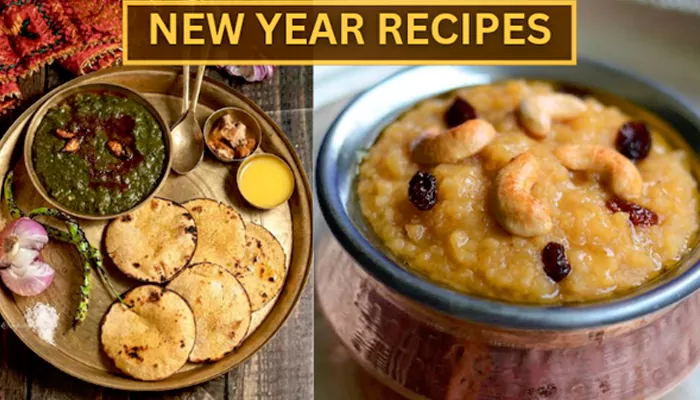
In a world where sustainability is becoming more crucial every day, one of the most impactful changes we can make starts in our own kitchens.
The concept of a zero-waste kitchen might seem daunting, but with a few adjustments and a bit of creativity, you can significantly reduce your food waste and contribute to a healthier planet. Not only does minimizing food waste help the environment, but it also saves money and encourages healthier eating habits. Here’s how you can be the proud owner of a zero-waste kitchen.
Food waste is a growing issue with significant environmental and economic consequences. According to the Food and Agriculture Organization (FAO) of the United Nations, approximately one-third of all food produced globally is wasted. This waste not only squanders resources but also contributes to greenhouse gas emissions when it ends up in landfills. Embracing a zero-waste kitchen is a powerful step towards more sustainable living. By making conscious choices about how we buy, store, and use food, we can play a vital role in reducing food waste. Here are some tips and tricks to help you get started.
Plan Your Meals and Shop Smart
The first step to reducing food waste is planning your meals. By creating a weekly meal plan, you can make a precise shopping list that includes only the ingredients you need. This helps avoid impulse buys and ensures you use up what you purchase. Before heading to the store, check your pantry, fridge, and freezer to see what you already have. This not only prevents you from buying duplicates but also encourages you to use up items that might otherwise go to waste.
Store Food Properly
Proper food storage is key to extending the shelf life of your groceries. Different foods have different storage requirements, so it’s essential to know where and how to store them. For instance, potatoes, onions, and garlic should be kept in a cool, dark place, while most fruits and vegetables should be stored in the refrigerator. Using airtight containers can help keep leftovers and prepped ingredients fresh for longer. Additionally, learning to use your freezer effectively can save a lot of food from going bad. Freeze leftovers, bread, and even fruits and vegetables that you can later use in smoothies or cooking.
Use Every Part of Your Food
One of the best ways to minimize food waste is to use every part of the food you buy. For example, vegetable scraps like carrot tops, onion skins, and celery ends can be saved to make homemade vegetable broth. Citrus peels can be used to infuse water or vinegar, and even the stems of herbs can be blended into pesto. Get creative with your cooking and find ways to add these often-discarded parts into your meals.
Compost Scraps
Despite our best efforts, some food waste is inevitable. Composting is an excellent way to recycle food scraps and create nutrient-rich soil for your garden. Items like fruit and vegetable peels, coffee grounds and even used tea bags can all be composted.
Embrace Leftovers
Leftovers often get a bad rap, but they can be a lifesaver for busy days and a great way to ensure no food goes to waste. Plan for leftovers by cooking in batches and storing meals in portion-sized containers for easy reheating.
Preserve Food
Preserving food through methods like canning, pickling, and fermenting can significantly extend the life of your groceries. These methods are not only effective but can also add exciting flavours to your meals. Pickled vegetables make great snacks and condiments, while homemade jams and sauces can be enjoyed long after the fresh produce is gone.
Transitioning to a zero-waste kitchen doesn’t happen overnight, but every small step counts. Sustainable eating is not only good for the planet but also for your wallet and well-being. Start today and be proud of the positive change you’re making. Your efforts will contribute to a healthier environment and inspire others to follow suit. Together, we can make a difference, one meal at a time.


